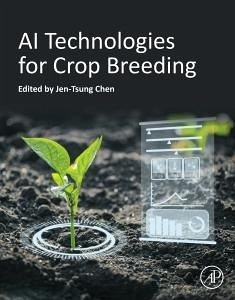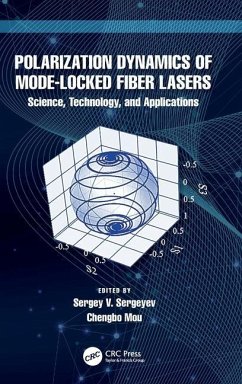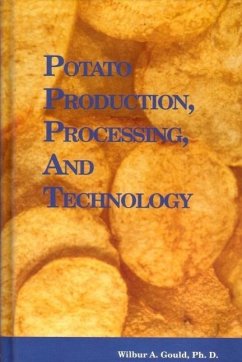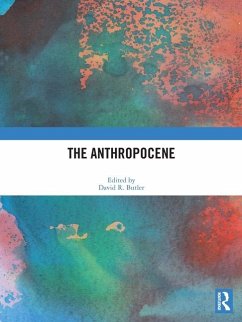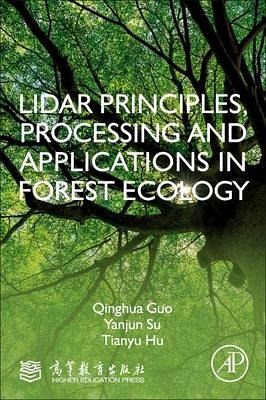
Lidar Principles, Processing and Applications in Forest Ecology

PAYBACK Punkte
89 °P sammeln!
LiDAR Principles, Processing and Applications in Forest Ecology introduces the principles of LiDAR technology and explains how to collect and process LiDAR data from different platforms based on real-world experience. The book provides state-of the-art algorithms on how to extract forest parameters from LiDAR and explains how to use them in forest ecology. It gives an interdisciplinary view, from the perspective of remote sensing and forest ecology. Because LiDAR is still rapidly developing, researchers must use programming languages to understand and process LiDAR data instead of established ...
LiDAR Principles, Processing and Applications in Forest Ecology introduces the principles of LiDAR technology and explains how to collect and process LiDAR data from different platforms based on real-world experience. The book provides state-of the-art algorithms on how to extract forest parameters from LiDAR and explains how to use them in forest ecology. It gives an interdisciplinary view, from the perspective of remote sensing and forest ecology. Because LiDAR is still rapidly developing, researchers must use programming languages to understand and process LiDAR data instead of established software. In response, this book provides Python code examples and sample data. Sections give a brief history and introduce the principles of LiDAR, as well as three commonly seen LiDAR platforms. The book lays out step-by-step coverage of LiDAR data processing and forest structure parameter extraction, complete with Python examples. Given the increasing usefulness of LiDAR in forest ecology, this volume represents an important resource for researchers, students and forest managers to better understand LiDAR technology and its use in forest ecology across the world. The title contains over 15 years of research, as well as contributions from scientists across the world.






